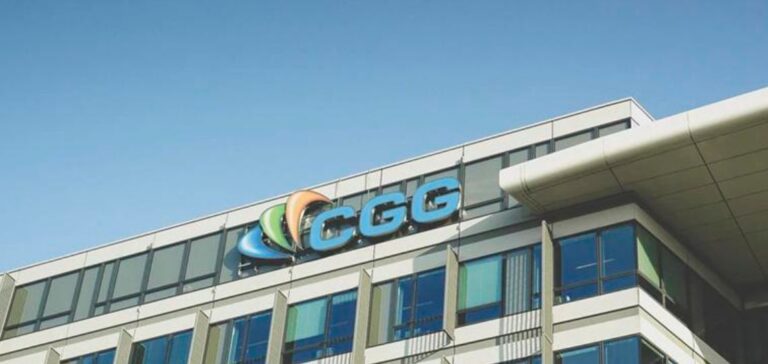At its Annual General Meeting, CGG marked a major strategic turning point by officially changing its name to Viridien. This transformation reflects the company’s renewed ambition to position itself as an undisputed leader in advanced digital and terrestrial data technologies. Sophie Zurquiyah, Managing Director of Viridien, makes the following point:
“Our new name, Viridien, connects our company’s history to our future, confidently positioning us for accelerated growth as a global leader in advanced technology, digital and Earth data.”
Growth strategy and portfolio expansion
Viridien doesn’t just change its name. The company is also expanding its portfolio to include new offerings. Scheduled to be officially launched on June 10 at the EAGE annual conference in Oslo, the Viridien brand will encompass core activities such as geoscience, earth data, and detection and monitoring. It will also extend to low-carbon markets and beyond energy. The aim is to embrace the minerals and mining, CCS (carbon capture and storage), HPC (high-performance computing) and infrastructure monitoring sectors.
Impact on the industry and future challenges
Viridien’s rebranding is a strategic move, aimed at strengthening its presence in markets that are undergoing major changes in response to the challenges of the energy transition. The company strives to meet the growing demand for technological solutions that facilitate more responsible use of natural resources. This approach also illustrates a desire to adapt to new market dynamics, where technology and innovation play crucial roles in environmental sustainability.
With its new name and expanded strategy, Viridien is poised for accelerated growth and a significant impact on the earth technology industry. The brand’s forthcoming launch in Oslo promises not only to consolidate its leadership position, but also to propel the company into new and innovative horizons.






















